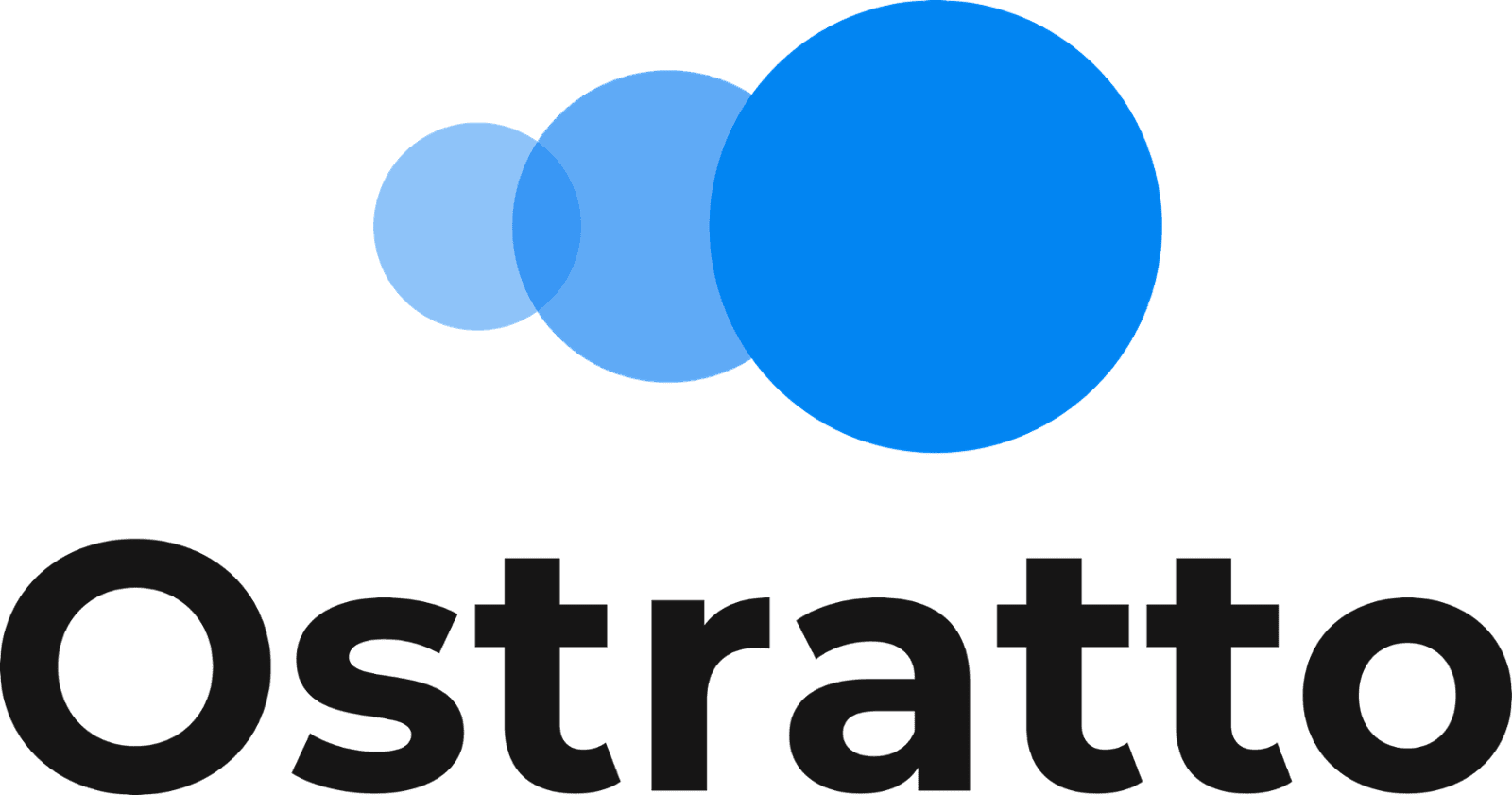When building a business, there are so many different things to take into account: funding, IT, office space, staff, marketing, accounts... It’s no wonder that simple things like telephone numbers can often be overlooked and most people settle for using their existing mobile phone. While it makes sense to use your mobile phone and it can be scary to make a change, owning a business in the 21st century may require an upgrade - adopting a non-geographic phone number for your business is key to presenting your venture as professional and trustworthy.
The alternative to personal cellphones and traditional landlines is called VoIP, or 'Voice over IP'.
Now, without getting too complicated, there a few different variations of VoIP, one that is installed in an office, and one that runs in the Cloud. The one that runs in the cloud is what we will be exploring in this article but they both offer the same benefits: they give your company a more professional feel and a competitive edge. Having an area-based number makes your business look established and trustworthy - the type of business other businesses want to work with.
If you’re looking into separating your personal phone from work, or you think your mobile number doesn't look professional enough, but you aren’t sure of your options, look no further.
The Traditional Way: Get a Separate Line
If you’ve decided to stop using your personal phone for your business, the traditional way to get a new number was to simply get a separate line.
That means contacting the phone company, asking them to run a new line to your house (which usually includes a setup fee), and then paying extra every month for the new line—you’ll pay £20-30 per month on the low end for a residential line and in the £60 range per month for a business line. This is still an option, but the problem is that now your business phone number is tied to your house or office location, and can only be answered if you’re physically there. Even if you’re able to get a cheap landline, this option lacks convenience.
Since it’s 2019 and more people have cell phones without even owning a landline, your second option is to simply get a second phone and carry that around with you. Tons of small business owners do this, carrying around two iPhones and constantly switching between them. This solution works, and allows you to answer the business phone line from anywhere, but it’s not the cheapest and it's not the most convenient. The cost of an expensive phone plus the money for the extra line adds up really fast—for instance, a £900 iPhone plus around £30 per month for an extra line ends up being over £1200 a year. Plus, to the outside world you still look like a one-man-band using a mobile number for the business.
The Better Way: VoIP
Now that we’re in the days of always-connected internet access from every device, you don’t need to use the traditional phone networks anymore. We can make phone calls over the internet that are not only cheaper and unlimited, but actually sound clearer than a traditional phone, so you can better understand what your customers are saying which in turn will provide a more efficient service.
An office-based VoIP can be provided via powered phones that sit on a desk, but Cloud-based VoIP can be used as an app on your current phone that allows you to place and receive calls from any existing phone, and all for a fraction of the cost. You can make and receive calls from a mobile, tablet or any PC that you log on to - all synchronised and all the same professional-looking number to the outside world.
Need more than one phone line for your business? It’s not a problem with VoIP, you just upgrade your plan and add extra users and numbers to your system.
And if you’re upgrading your business from a traditional landline or cell phone number, you can usually port your current number to the VoIP system so your existing contacts will be able to reach you without issue.
VoIP Has Huge Advantages Over Traditional Phones
The cost is the biggest reason that people choose to switch to VoIP, but it’s not the only thing to consider - there are also great features that will save you time and money, and simply aren’t possible with the traditional phone line options available for small businesses.
Large corporations have the budget to setup and maintain a complex PBX system with a receptionist and extensions for each desk. But you don’t need to bother with all that by using VoIP, which has those features and a lot more, built right in to a low monthly fee.
- Call Forwarding can ring on all your devices, can ring on multiple phones at once, and you can set rules to forward calls only during certain hours.
- Auto-Receptionists make your business sound more professional with prompts such as 'press 1 for sales' etc.
- Automatic Call Recording can record all inbound and outbound calls.
- Extensions let you use a single main number to reach everybody (with direct lines for each person).
- Conferencing allows you to give your clients a number to call in so everybody can be on the same conference line easily.
- Powerful Voicemail will send you emails with the voicemail, and can even transcribe them to text.
- Non-geographic numbers allow you to pick whichever area code your business needs, without actually needing to be based in that area.
- And dozens of other features and integrations into the rest of your business.
So, in short, cloud-based VoIP can give your business a national presence, helping you to appear well-established. They’re also portable – if you move offices and change phones, you won’t need to change your number – and they can be redirected onto different phone lines, for example your mobile, if needs be.
| jons carpentry jonscarpenty@yahoo.com 07891 789 178 | - or - | Jon's Carpentry enquiries@jons-carpentry.co.uk 0117 313 4800 |
Which one looks more legitimate and established to you?

